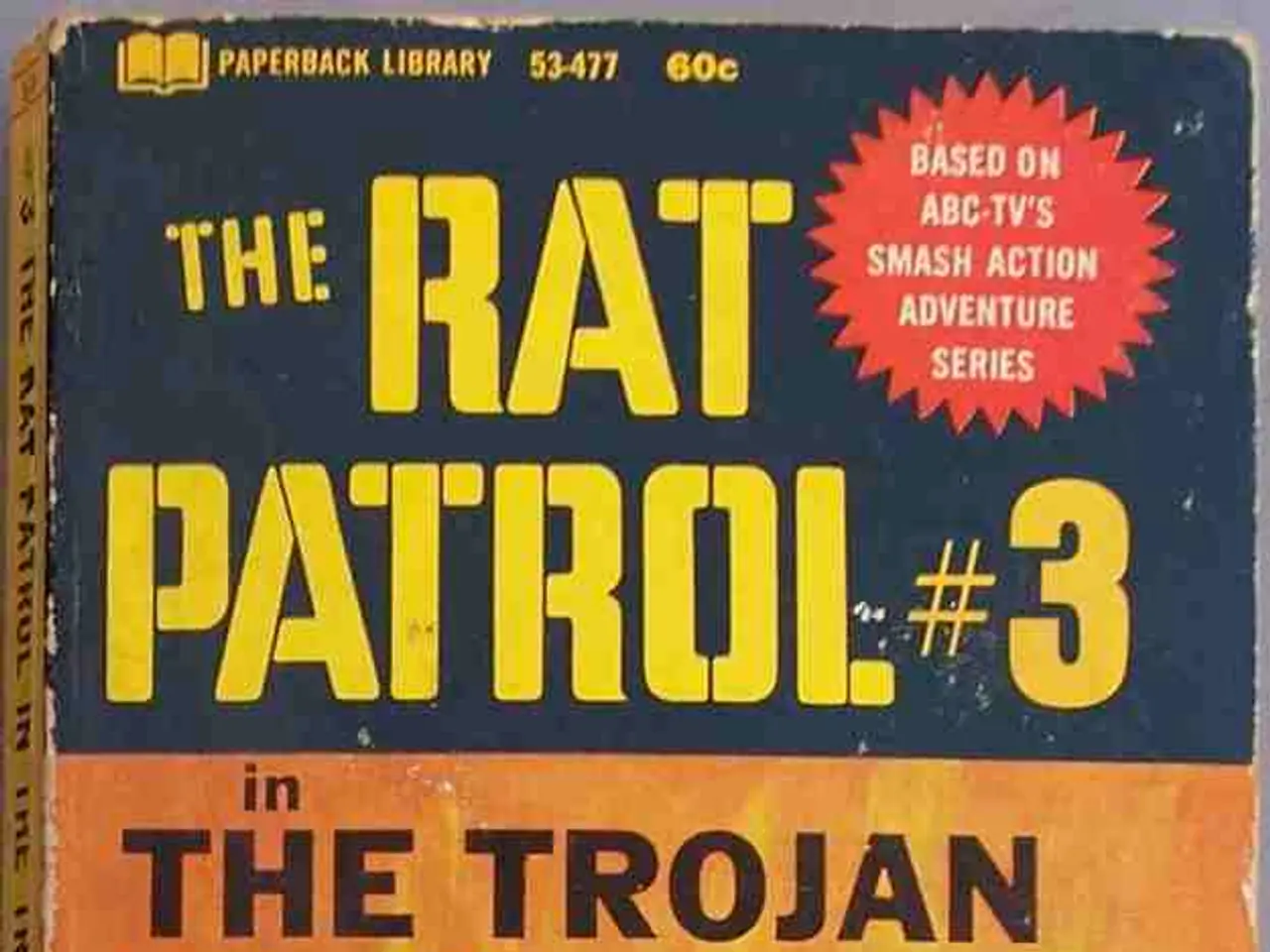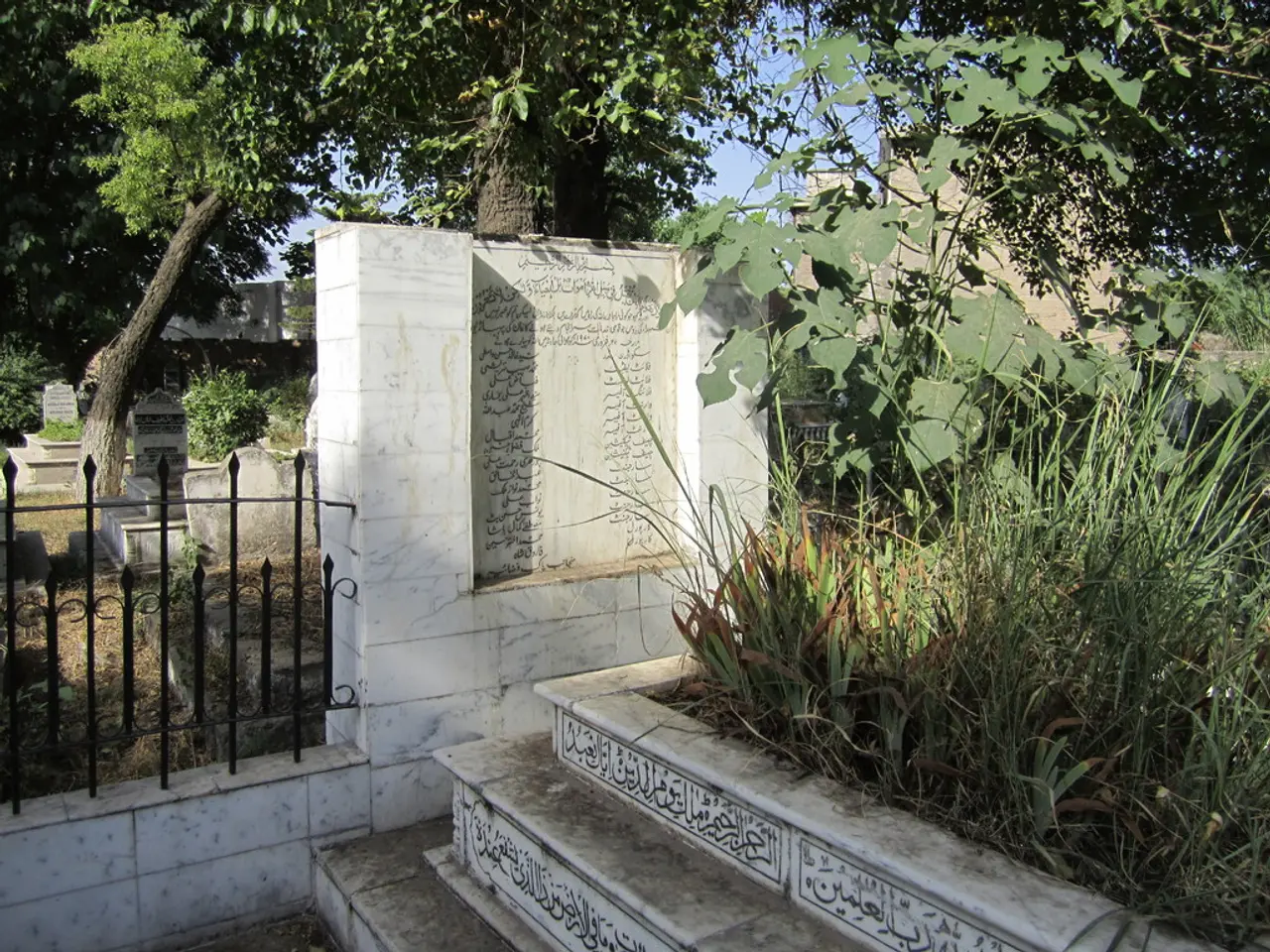Dialogues: Brooklyn Insights
In the heart of New York City, a unique musical journey has been unfolding at the Williamsburg Senior Center. For five consecutive years, from 2015 to 2019, Ira Temple led a music series for elder Satmar Chassidic women, creating a space that resonated deeply with these women and offered a glimpse into their musical lives.
Temple, an active participant in the New York klezmer scene for the past decade, served as a "secret space" into which the elders could confide their aesthetic desires. The women, mostly Holocaust survivors born in small towns in Hungary, shared stories of their love for symphonic orchestral music they had listened to in their youth.
The musical knowledge of the elder Chassidic women in the group was marked by a great degree of loss, reflecting the ideological changes towards music that have placed stringent limits on the musical lives of American Chassidic Jews in the post-Holocaust era. Nonetheless, Temple's sources for learning material for the sing-alongs crossed a broad section of the Jewish music world.
Among the songs in the book are "paraliturgical" songs in Yiddish, such as "Gales Vi Lang Bistu" (Exile, how long will you remain) and "Vos Vet Zayn as Meshiakh Vet Kumen" (What Will It Be Like When the Messiah Comes). These songs, sung with the ladies at the Center, are now compiled in a book that contains lyrics and sheet music.
Temple's work at the Center created a politic of listening and memory that took account of women's desires and honoured the cultural specificity of Chassidic women's lifeways. The women would often confide in Temple about their love for music that was forbidden during the Sefirah, the seven weeks between the Passover and Shavuos holidays, a period of semi-mourning when instrumental music is forbidden.
In 2019, after the concert season ended, Temple went public with a gender transition and today presents as trans and gender expansive. The Covid epidemic has since paused all city-sponsored events in senior centers, and when programming begins again, Temple will be faced with decisions about their own willingness to take on the gender rules of the Center.
Among Temple's achievements as a member of Tsibele, they are credited with popularizing the Yiddish phrase "Mir velen zey iberleben" as a slogan of resistance in leftist activist circles. Yom Tov Ehrlich, a recognizable musician in the Satmar community, is one of the sources for the songs in the book.
Temple's work with elder Chassidic women provides a window into the musical life of an overlooked Jewish population. The song selections in the book provide a unique form of reportage on the aesthetics and conceptions of musical tradition among elder Chassidic women. However, the future of the Williamsburg Senior Center music series remains uncertain, and information about Ira Temple's gender identity is not widely available.
At the Williamsburg Senior Center, Ira Temple, a figure integral to New York's klezmer scene, led a unique music series for elder Satmar Chassidic women, merging entertainment and music, creating a space that showcased their love for symphonic orchestral music and Yiddish paraliturgical songs for five consecutive years. After the concert season ended in 2019, Temple went public with a gender transition, further illustrating the intersection of entertainment and personal identity in their work.







